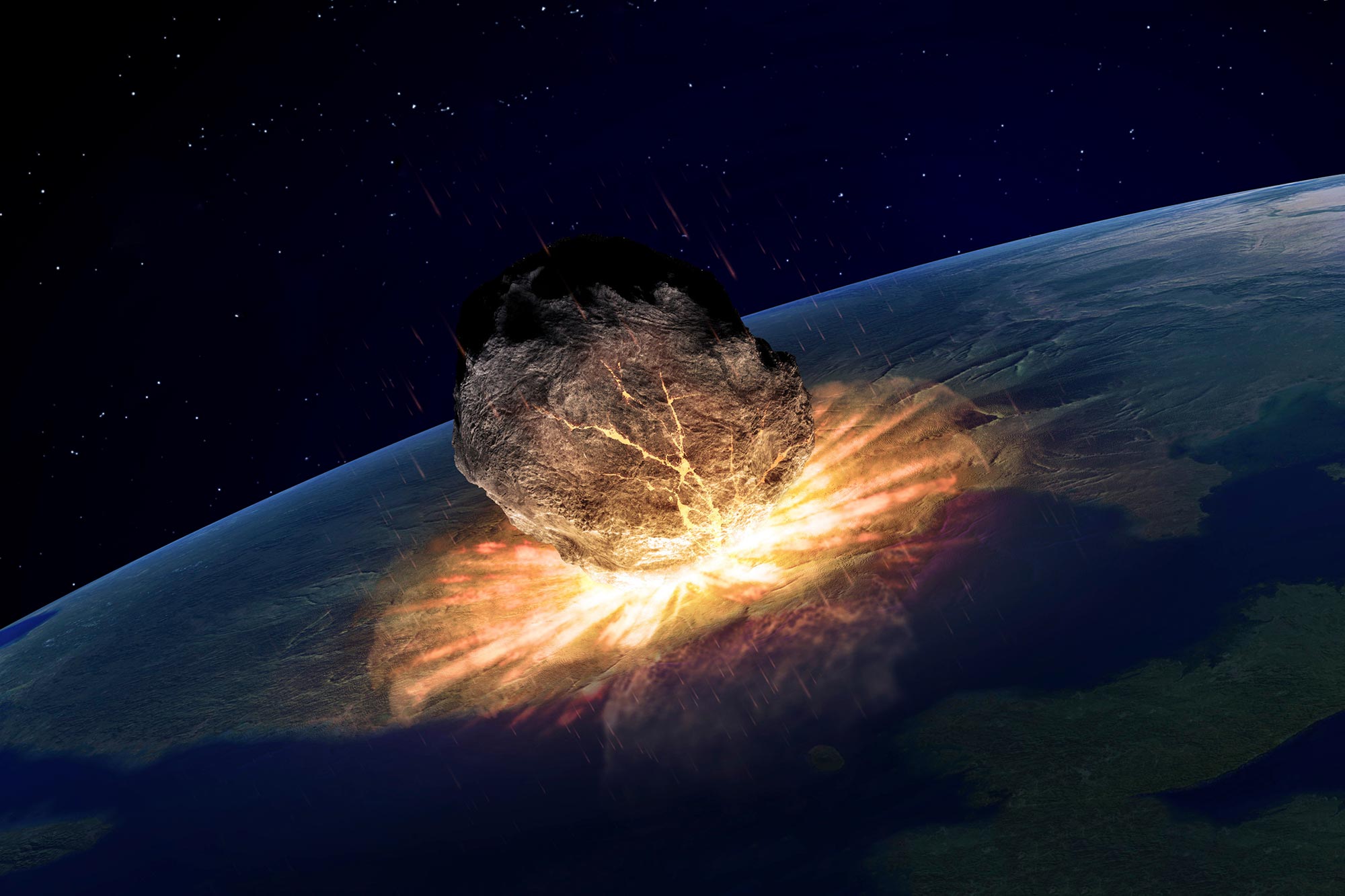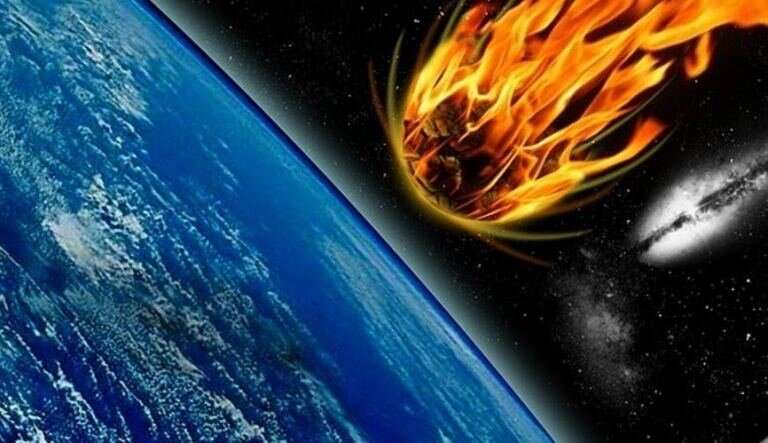100 tonnes of meteorites enter the earth s surface every day

100 Tonnes of Meteorites Enter the Earth’s Surface Every Day

Did you know that a staggering amount of meteorites, approximately 100 tonnes, enter the Earth’s surface every day? This astonishing fact brings to light the constant bombardment our planet faces from space debris. Meteorites play a significant role in shaping and understanding the history of our solar system, making them a subject of immense scientific interest.
Meteorites are fragments of asteroids, comets, or other celestial bodies that survive their journey through the Earth’s atmosphere and reach the surface. These rocks can range in size from tiny grains to enormous boulders. While the majority of meteorites burn up in the atmosphere, the ones that do make it to the ground provide valuable insights into the origins and composition of the universe.

To comprehend the extent of this cosmic rain, it’s important to note that the total mass of meteorites reaching the Earth each year surpasses 36,000 tonnes. Such a significant influx of extraterrestrial material has both scientific and practical implications. Scientists passionately study meteorites to unravel the mysteries of our solar system, gaining insights into its formation and evolution. Unlocking the secrets hidden within these space rocks enhances our understanding of the early stages of Earth and the processes that shaped it.
The study of meteorites also provides valuable information about the chemical makeup and structure of asteroids and comets. By analyzing the different types of meteorites that reach our planet, scientists can gain crucial knowledge about the various materials present in our solar system. This knowledge contributes to our ability to predict the composition of asteroids and comets, which can be essential for future space exploration missions.
Moreover, meteorite impacts have had a profound impact on Earth’s geological history. These impacts have left behind enormous craters and caused widespread devastation, altering the face of our planet throughout its existence. By studying the various impact craters and the meteorites associated with them, scientists gain insights into past catastrophic events and their long-term effects on Earth’s geology and climate.
Not all meteorites are created equal. There are various types, each with its own unique characteristics. Iron meteorites, for example, are comprised mainly of iron and nickel. Stony meteorites, on the other hand, are predominantly composed of rock-like materials. The diversity of meteorites is a testament to the extraordinary range of celestial bodies from which they originate.
In conclusion, the constant influx of 100 tonnes of meteorites entering the Earth’s surface every day is a remarkable phenomenon. These cosmic visitors provide us with invaluable information about the history and composition of our solar system. By studying meteorites, scientists continue to unlock the secrets of our universe and deepen our understanding of our place within it.
Related Posts
Quick Links
Legal Stuff

